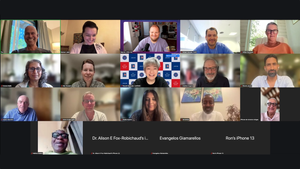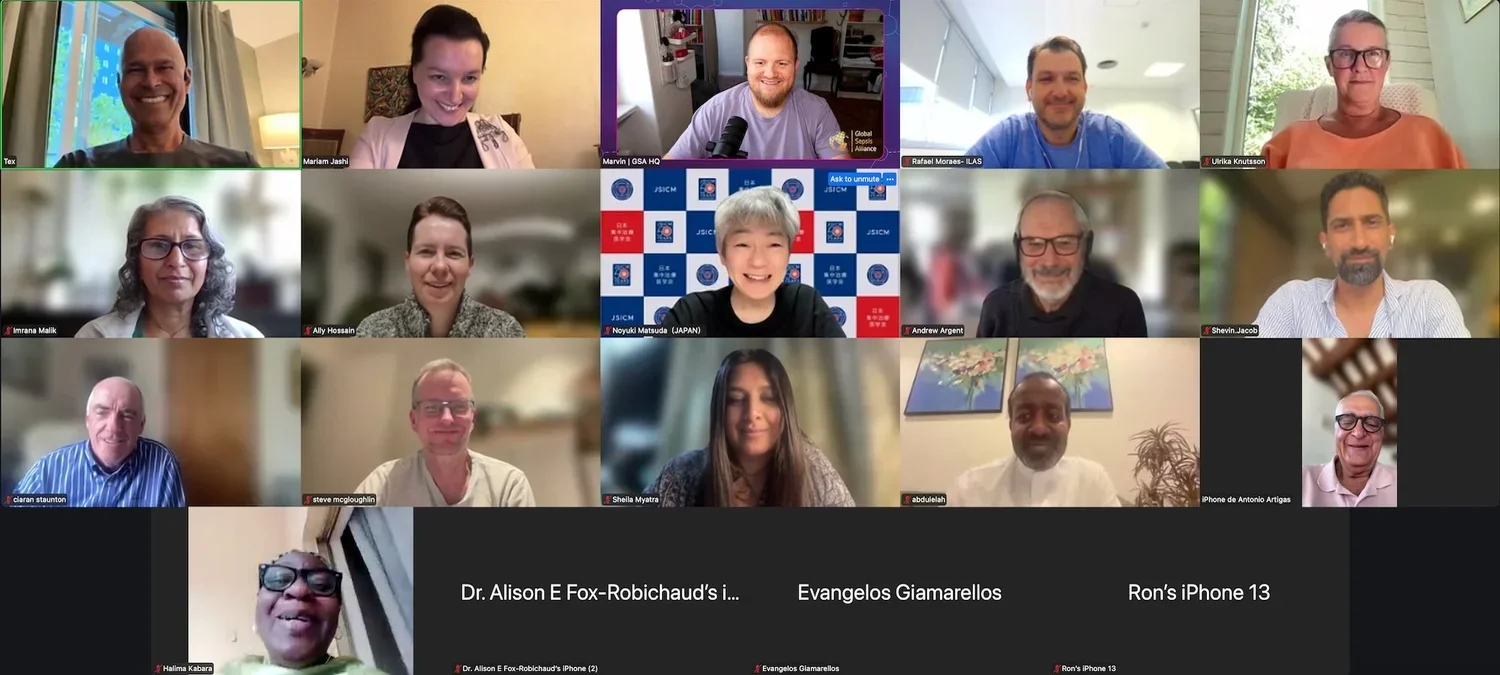Published on October 21, 2025, in The Lancet Global Health, the GBD 2021 Global Sepsis Collaborators have released new global estimates showing a dramatic rise in Sepsis burden and the reversing trends after decades of progress.
We extend our heartfelt congratulations to Prof. Christopher J.L. Murray and Prof. Mohsen Naghavi of the Institute for Health Metrics and Evaluation (IHME) at the University of Washington, as well as all contributing authors of this groundbreaking research, including Prof. Niranjan "Tex" Kissoon, President of the Global Sepsis Alliance.
Key findings of the study:
166 million Sepsis cases and 21.4 million deaths estimated only in 2021, representing nearly one-third of all global deaths.
After decades of decline, progress in reducing Sepsis was reversed during 2020-2021, largely due to the COVID-19 pandemic.
Adults aged 15+ saw a 230% rise in Sepsis incidence and 26% rise in Sepsis mortality since 1990.
Older adults (70+) now face the highest burden, with over 9 million deaths annually.
Sepsis is increasingly linked not only to infectious diseases but to non-communicable conditions (NCDs) such as stroke, COPD, and cirrhosis — often through complications such as bloodstream and respiratory infections.
“These findings overturn previous success in reducing Sepsis deaths and underscore growing risks linked to chronic and infectious diseases, especially in adults,” note the study authors.
These new estimates strengthen GSA’s message for the urgency of action against Sepsis.
The findings show rising Sepsis mortality both from infections and as a complication of non-communicable diseases. This reinforces the need for integrated, people-centered care models that align chronic disease management with infection prevention and critical care - a central objective of the 2030 Global Sepsis Agenda
Sepsis should be positioned at the top of the Global Health agenda and embedded in health system architecture across the lifespan. Sepsis prevention, early detection, and management must be prioritized for newborns, children, and women, as well as young adults and ageing populations — especially in low-resource settings.
Sepsis should be fully integrated into broader global health priorities, including universal health coverage (UHC), antimicrobial resistance (AMR), and pandemic preparedness.
Finally, greater prioritization and funding for Sepsis research, innovation, and implementation are essential to save millions of lives.
These new estimates reaffirm that Sepsis remains a leading cause of morbidity, mortality, and disability worldwide - and that strong UHC-aligned health system responses are essential to reduce preventable deaths.
The GSA encourages its Regional Sepsis Alliances across Africa, Asia-Pacific, the Caribbean, Europe, the Eastern Mediterranean, and Latin America, and 122 member organizations and partners worldwide to disseminate this publication and continue mobilizing action toward Sepsis prevention, early recognition, and equitable access to treatment.


















































